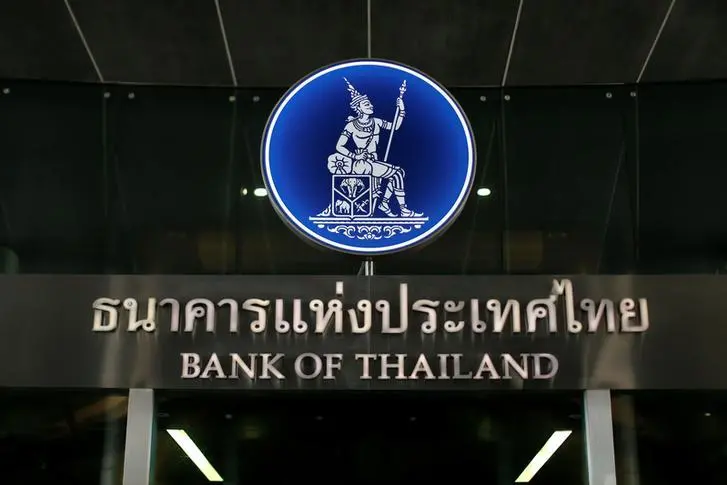PHOTO
BANGKOK - Thailand's central bank said on Wednesday it intervened to slow volatility in the baht so that it would not affect economic recovery.
Progress in developing coronavirus vaccines, news of economic recovery last month and a depreciating U.S. dollar had affected currencies in the region, Assistant Governor Vachira Arromdee said in a statement.
The baht was affected by external factors and the central bank came in to ensure that volatility did not impact economic adjustments, she said, adding that the Bank of Thailand would continue to closely monitor markets.
The baht strengthened to a one-year high, at 29 baht per U.S. dollar, early on Wednesday, before returning to around 30 baht later in the day.
Thai exporters on Tuesday called on the central bank to ensure that the baht did not appreciate beyond 30 baht per U.S. dollar, saying it would hurt competitiveness.
"It's speculative forces from foreign investors, so the central bank had to come in," said Jitipol Puksamatanan, head of markets strategy at SCB Securities.
The Thai economy shrank 6.4% in the third quarter after a slump of 12.1% in the preceding quarter. "Exporters should see this is as a warning that the dollar could weaken," he said.
The central bank last month also intervened to rein in the currency.
(Reporting by Satawasin Staporncharnchai and Chayut Setboonsarng, additional reporting by Anushka Trivedi; editing by Ed Davies, Larry King) ((chayut.setboonsarng@tr.com, Twitter: @ChayutSet; +66854849033;))





















